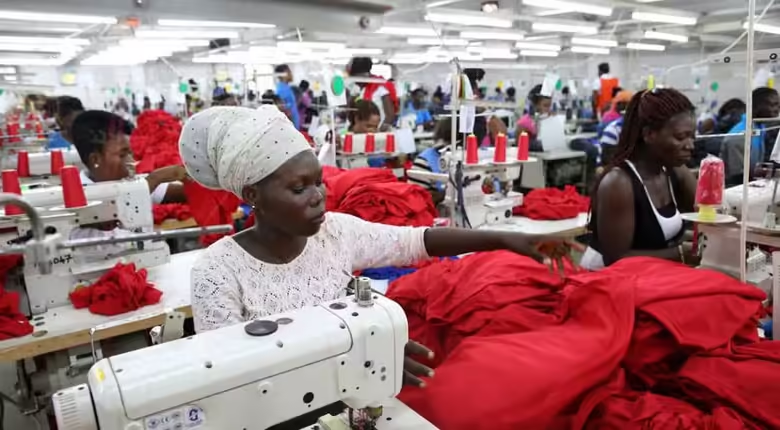Execute trade-friendly policies to stimulate expansion of private sector – IEA

The Institute of Economic Affairs (IEA) has stated that the forthcoming government, following this year’s election, must establish and execute trade-friendly policies in order to stimulate the expansion of the private sector.
“Increasing the economy’s competitiveness by easing the business regulatory burden, lowering taxes, lowering the cost of credit, implementing supportive trade policies, promoting research and development, and leveraging modern technology must engage the attention of the next government,” the economic think-tank said in its latest paper dubbed ‘Policy Priorities for the incoming government.’
In a series of recommendations to help prop up the economy, the IEA indicated thatenhancing the growth of the private sector would help improve local production and reduce import to ease the pressure on the Cedi and create jobs for the teeming unemployed youth.
“The next government should introduce pro-growth fiscal policy through rebalancing recurrent and development expenditure and increasing public investment to at least 10 per cent of Gross Domestic Product (GDP).
That, it said, should supported by tapping additional revenue from natural resources and reducing production-inhibiting business taxes to foster investment and growth.
“Targeted support should be provided to Small and Medium-sized Enterprises (SMEs), especially fledgling, potentially-viable ones, rather than leaving them to compete with cheap imports that often benefit from subsidies in countries of origin,” the economic think-tank said.
It noted that growth-supporting monetary policy should be implemented by the next government, including the creation of a low regime of interest rates through the use of effective tools and better coordination with fiscal policy.
On employment, the IEA said a compulsory entrepreneurial development course should be introduced in all universities in the country -whether private or public- for all first-year students.
“Entrepreneurial training should be provided for the youth and the disabled to make them more self-employable,” it noted.
Additionally, it indicated that rural agriculture and agribusiness should be promoted to attract the youth into those sectors to replace ageing workers and public works should be expanded to employ the youth to the extent consistent with budget sustainability.
The IEA said school curricular should be aligned with industry requirements in order to enhance skills jobs matches, adding that schools and industries should be linked to develop and leverage science and technology to support industries to grow and create jobs.
It stated that more flexible labour markets should be promoted to sustain employment.
“Government-trade union engagement should be enhanced to ensure that wage levels are consistent with labour productivity so as to sustain employment,” IEA stated.
The economic think-tank said Ghana’s economic growth had been erratic, unbalanced and below the country’s potential.
“Growth has fluctuated widely and has in the past decade or so, been fuelled by highly capital intensive extractives, which create limited jobs,” it said.
The IEA explained that apart from years when oil output pushed growth up to over 8 per cent, growth had averaged some 4-5 per cent over the past ten years.
“However, if Ghana were to fully tap its large pool of natural and human resources and increase investment, which has been relatively low (less than 5 percent of GDP), the country would be able to grow at much higher rates exceeding 7 percent, which the country needs to break into the ranks of the upper-middle income bracket and eradicate poverty faster,” it explained.
The IEA further said the result of the low and unbalanced growth had been high unemployment, especially among the youth, as well as widespread underemployment.
It said youth unemployment was also compounded by lack of entrepreneurial skills, skills-job mis-matches, and overreliance on an already-choked public service for employment
STORIES: KINGSLEY ASARE







